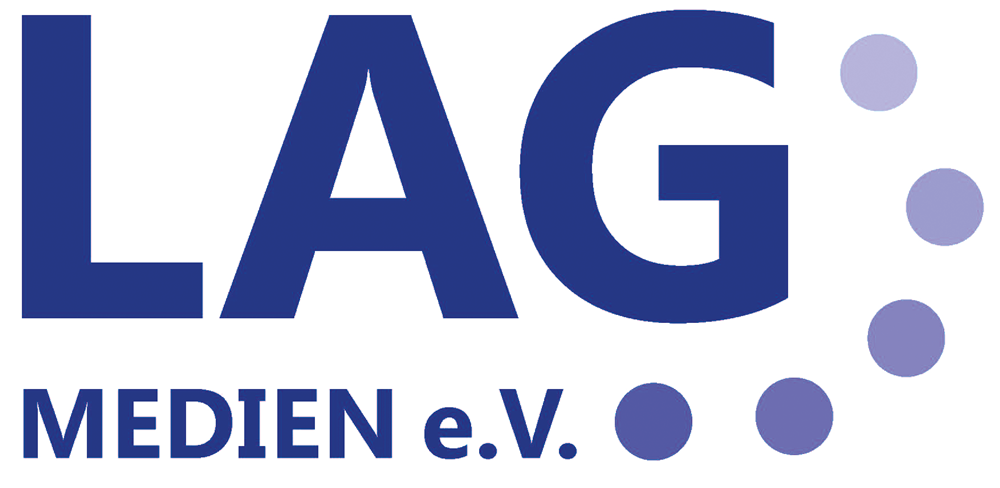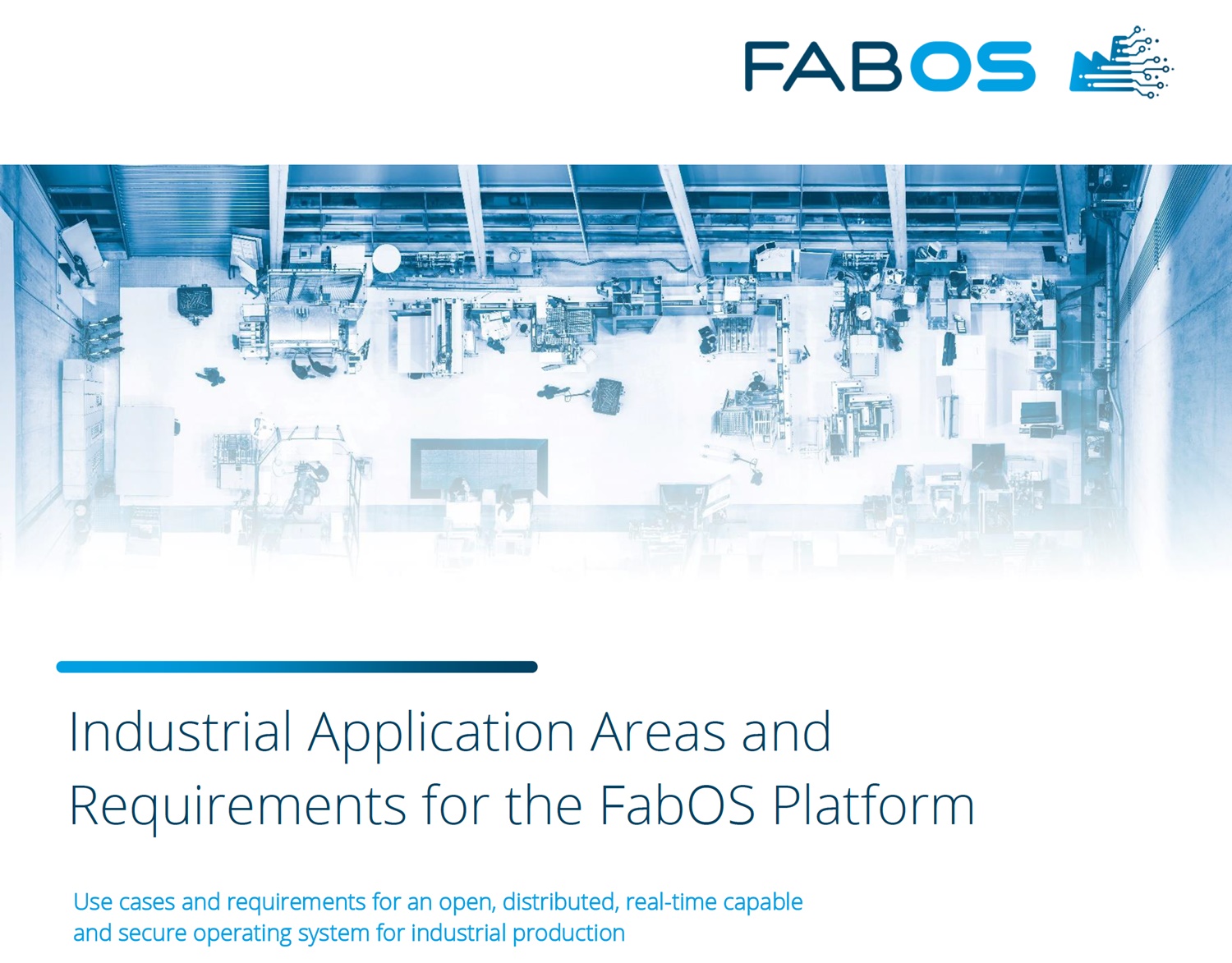P3 1-2/2022 en
Whitepaper
Requirements for an Operating System for Production
Science & Technology
With FabOS, researchers are developing an operating system for production. It is intended to facilitate the collection of production data and make artificial intelligence (AI) widely usable. They have compiled the requirements that FabOS has to meet in practice in a white paper.
FabOS aims to facilitate AI integration into production.
Machine tools run around the clock and often have lifetimes of more than ten years. However, it is difficult to estimate the intervals at which maintenance and repair work makes sense. Costly failures can therefore occur at any time. A possible solution: Additional sensors could be integrated into a machine tool. They would pick up and report unusual noises that indicate wear and tear and announce impending downtime. Intelligent algorithms could automatically evaluate the sensor data and provide information as to which component needs to be replaced.
Unfortunately, it is currently still very complex to implement such an application scenario. This would be facilitated by an open, distributed, real-time capable and secure operating system that enables rapid integration of AI into production. This is exactly what FabOS should be able to do. The 26 project partners who are developing FabOS determined which requirements it has to meet in practice by looking at possible use cases in industry such as that machine tool.
FabOS must meet four requirements
Through the exchange with industry, the researchers have identified four requirements that FabOS must meet:
- Real-time capability – The production data must be collected and evaluated at the same time. This is the only way to react to impending disruptions before they paralyze operations.
- Data security - The process knowledge of manufacturing companies must not fall into the wrong hands, because they could misuse this knowledge for their own purposes.
- Seamless Computing – An organization's computing resources must be addressed in a unified manner. For example, software can be run on a suitable computer that has just enough free capacity. This means that the entire computing power of a company is used more effectively.
- Industrial Edge Networks – In addition to the entire IT, the machinery must also be integrated in the local company network. This allows machine data to be read out and processed automatically.
The 26 project partners from research institutions, universities and companies have written down their findings in the English-language white paper “Industrial Application Areas and Requirements for the FabOS Platform”. It is available free of charge at: https://www.ipa.fraunhofer.de/de/Publikationen/studien/White-Paper-Series-FabOS.html.








